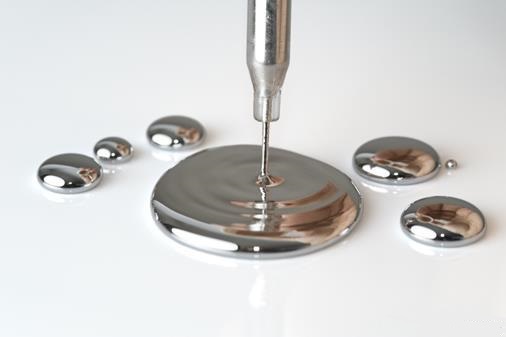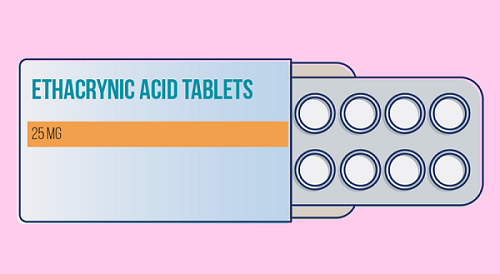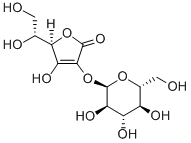Your Skin Might Actually Need Ascorbyl Glucoside, Not Vitamin C
Oct 20,2020
If you're not yet using vitamin C as part of your skincare routine, you may want to get on it, stat. The vitamin gets an A+ in the beauty industry, thanks to its laundry list of proven benefits. Not only is it a powerful antioxidant that can combat the damaging effects of free radicals caused by exposure to environmental toxins such as UV rays and pollutants, it also inhibits the production of melanin (pigment) in the skin and can aid in collagen production. Translation? Vitamin C is a triple threat, leaving your skin healthier, brighter, and smoother.
Still, there are more versions of vitamin C out there than you might think, and while they all work similarly and have similar effects, there are subtle differences between them as well. Case in point: Ascorbyl glucoside, which is a notably more stable, gentler take on the vitamin. Ahead, New York City dermatologist Marnie Nussbaum, MD, and Sheel Desai Solomon, MD, a dermatologist in Raleigh/Durham, NC explain why you many want to seek out this type of C.
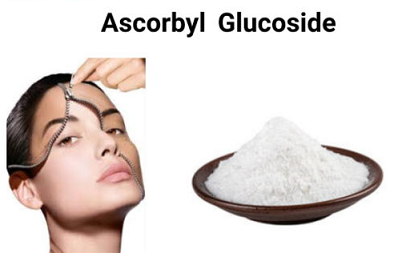
What Is Ascorbyl Glucoside?
At the risk of channeling overly complicated, high school chemistry class vibes, ascorbyl glucoside is a water-soluble form of vitamin C that's combined with glucose, a sugar. In the world of vitamin C and its derivatives, l-ascorbic acid is the most potent, pure version (just like retinoic acid is when you're talking about retinoids). "Once ascorbyl glucoside is absorbed into the skin, an enzyme called alpha-glucosidas breaks it down into l-ascorbic acid," explains Nussbaum. This is why you then get all those awesome vitamin C effects such as skin-brightening and wrinkle-smoothing, but, in this case, because it's undergone a conversion process, it's much less likely to cause irritation. This also makes it much more stable; whereas l-ascorbic acid is notoriously unstable and easily rendered inactive by exposure to oxygen or light, ascorbyl glucoside is a lot more stable in heat, light exposure, and oxygen, says Solomon. And that's exactly why it's so often used in so many beauty products. (FYI, you may also see it listed on an ingredient label as Vitamin CG.) The bottom line: While ascorbyl glucoside is not as potent as the pure stuff, because it is so stable you can feel confident it's working, and it's also gentler on skin.
Benefits of Ascorbyl Glucoside for Skin
At the end of the day, all types of vitamin C are antioxidant powerhouses, though the benefits definitely don't stop there.
Fights free radicals: Think of antioxidants, ascorbyl glucoside included, as little Pac-Men working to scavenge up pesky (and skin-damaging) free radicals that are formed when we're exposed to things such as UV rays and pollution. Antioxidants tend to have a synergistic effect when combined, which is why this ingredient works so well when paired with other commonly used antioxidants such as vitamin E or ferulic acid.
Promotes brighter skin: Ascorbyl glucoside ultimately converts into l-ascorbic acid, which is a choice ingredient for both helping to fade existing dark marks and ward off the production of new ones by interfering in the melanin (color) production process in the skin. (It does so by preventing the production of an enzyme known as tyrosinase which is essential in this process.) "Because it inhibits melanin production, it can be useful when treating hyperpigmentation, uneven skin tones, and age spots," says Solomon.
Boosts collagen production: More collagen equals stronger, smoother, less-wrinkled skin and once ascorbyl glucoside breaks down into l-ascorbic acid it can do just that, stimulating the production of this essential protein. There are some questions just how much of these benefits you can get when using it topically, though dermatologists agree that it's a generally great all-around anti-aging ingredient.
Ascorbyl Glucoside vs. Other Forms of Vitamin C
As mentioned, it's not as strong as l-ascorbic acid, but it is gentler and more stable. The other big thing it has going for it? Unlike l-ascorbic acid, ascorbyl glucoside is water-soluble, meaning it can be formulated into many skincare products that are water-based, such as serums, notes Nussbaum. It's much more similar to sodium ascorbyl phosphate, another type of vitamin C; both are water-soluble, stable, and gentler than l-ascorbic acid. And while there's not a lot of data comparing the two, one major difference appears to be that ascorbyl glucoside remains stable at a variety of pHs, whereas sodium ascorbyl phosphate is stable at only about a pH of 7, Nussbaum points out. And that's yet another reason why the former is so often used in a variety of different product formulations.
Side Effects of Ascorbyl Glucoside
While pure vitamin C can sting and cause mild irritation, there aren't any side effects we know of with ascorbyl glucoside, says Nussbaum. Still, it is an active ingredient for sure, so you can always test out a small amount elsewhere on your skin to make sure you can tolerate it.
How to Use It
Your best bet for exact usage will vary based from product to product and its intended purpose, notes Solomon. As a general rule of thumb, you'll want to use it at least once a day. The morning is a great time to do so, since all those antioxidant properties will act as a second layer of defense to back up your sunscreen: "Used under sunscreen it can help boost its UV protection," she adds. Look for it in a serum, which will not only be concentrated with the ingredient to give you more bang for your buck, but will also be lightweight and easily layered under moisturizer and said sunscreen.
- Related articles
- Related Qustion
- Ascorbyl Glucoside: A Stable and Effective Skincare Ingredient with Multiple Efficacy Jan 23, 2024
Ascorbyl glucoside is a stable and effective skincare ingredient that brightens complexion, reduces pigmentation, promotes collagen synthesis, and protects against UV damage.
- Ascorbyl glucoside: activities and side effects Aug 29, 2023
Ascorbyl glucoside is an antioxidant that treats hyperpigmentation and stimulates collagen production. However, it is important to be cautious of sun sensitivity and potential allergies.
- Ascorbyl Glucoside Skin Care Benefits Sep 24, 2019
Ascorbyl Glucoside is a water-soluble derivative of Vitamin C. It is much more stable in water but it is less potent than direct L-Ascorbic Acid. Being more compatible with water allows for a very pleasant serum texture. It is considered a
Since around 500 BC, the mines at Sisapo in Almade′n (Arabic for the mine) in Southern Spain have been the principal source of Iberian cinnabar, red mercuric sulfide.....
Oct 19,2020Inorganic chemistryIn the 1950s, a novel approach to the problem of designing a non-toxic, potent diuretic was taken by a team of researchers from Sharp & Dohme, under the direction of Karl Beyer.....
Oct 20,2020DrugsAscorbyl glucoside
129499-78-1You may like
Ascorbyl glucoside manufacturers
- Ascorbyl Glucoside
-
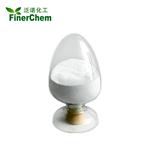
- $5.00 / 25KG
- 2025-10-07
- CAS:129499-78-1
- Min. Order: 1KG
- Purity: 99%
- Supply Ability: 500mt/year
- ASCORBYL GLUCOSIDE
-
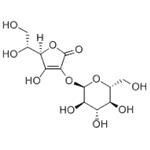
- 2025-10-07
- CAS:129499-78-1
- Min. Order:
- Purity: 0.99
- Supply Ability:
- 2-O-α-D-Glucopyranosyl-L-ascorbic Acid
-

- $106.00 / 500mg
- 2025-09-30
- CAS:129499-78-1
- Min. Order:
- Purity: 99.73%
- Supply Ability: 10g




